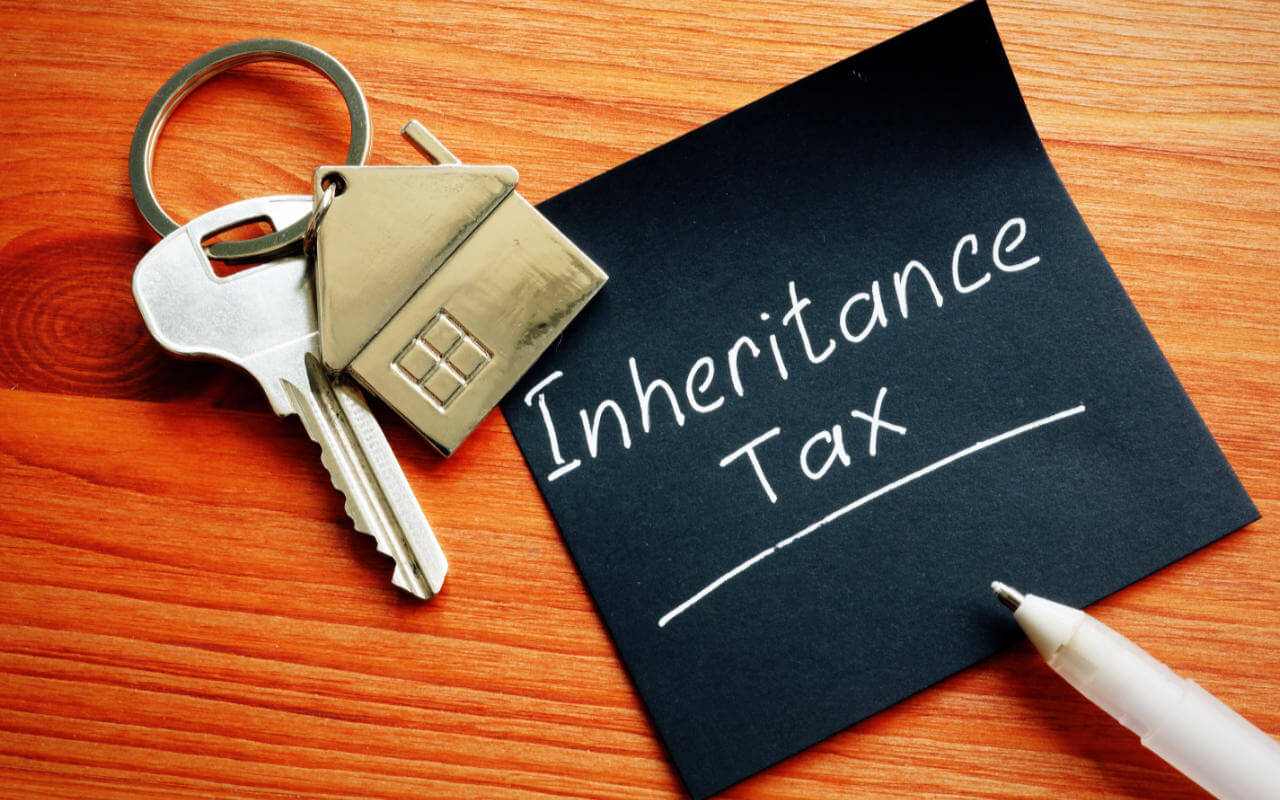As the UK gears up for another election cycle, commentators up and down the country will be recalibrating their crystal balls after a slightly duller than anticipated Spring Budget. Rumours of prospective pledges abound and a perennial favourite subject for those clairvoyants in the private client sector is Inheritance Tax (“IHT”).
Briefly, under the current system, a flat rate of 40% is applied to the value of your estate that is over what is known as the “nil-rate band” allowance of £325,000. Beyond this, there is an array of reliefs and exemptions that can be applied to reduce or even eliminate the tax liability.
Over the last few years, it has been reported that both the Conservatives and Labour plan sweeping changes to IHT but until manifestos are published, it is impossible to say with certainty what changes (if any) might be on the way. In fact, given that it is forecast that in the 2023/24 tax year, inheritance tax will account for just 0.7% of the annual tax revenue, it is likely that the next government will have more pressing issues to deal with.
That being said, IHT remains a contentious topic, rousing strong feelings at both ends of the political spectrum so it is sensible to consider possible changes to the current system and different high-level approaches to IHT employed beyond our shores.
Flat rate/variable rate
Of all the countries that apply inheritance tax, only seven apply a flat rate and of those countries, the UK applies the joint highest rate at 40% (alongside the US). By contrast, Portugal applies a 10% rate.
One possible change might be to lower the flat rate to encourage fewer people to take measures to avoid IHT. This would likely necessitate scrapping or reducing the effectiveness of some of the current reliefs and exemptions but represents one of the simplest changes to implement.
In contrast with the UK’s approach, 15 OECD countries apply progressive rates (with some topping out at up to 80%) which rise with the value of the inheritance and almost all of those apply different rates depending on the relationship between the deceased and the beneficiary (e.g. France, Germany and the Netherlands) whilst some apply different rates depending on the value of the transfer (e.g. Japan).
Who to tax?
The UK is also somewhat unique in applying tax against the estate of the deceased rather than the beneficiary. Most OECD countries apply the tax against the recipients of inheritance.
On the whole, wealthier individuals are more likely to have received an inheritance and recently reports have emerged suggesting that the generational transfer of wealth by inheritance is set to increase. For this reason, some feel that IHT should be levied on recipients who effectively receive ‘money for nothing’ rather than the estate. However, evidence from the OECD suggests that countries which tax recipients receive proportionally less revenue than donor-based levies.
Lifetime transfer tax
Unlike many of its European peers, the UK does not have a lifetime transfer tax. Instead, it applies IHT at a tapering rate to lifetime transfers made within 7 years prior to the death of the transferor. With good planning, the tax can therefore often be mitigated or avoided entirely by making gifts early and while in good health. It is worth noting that several government bodies, including the Office for Tax Simplification, and the All Party Parliamentary Group for Inheritance & Intergenerational Fairness have called for the introduction of such a tax which would be immediately chargeable.
So what might such a gift tax look like? One need only look across the Irish Sea for such an example.
Instead of IHT, Ireland has a combined “Capital Acquisitions Tax” (“CAT”) which is applied to gifts and inheritances received during the recipient’s lifetime.
Individuals are taxed on benefits they receive over a certain threshold. Thresholds differ depending on the relationship to the donor and the recipient and there are a number of exemptions and reliefs depending on the type of property transferred.
There are of course real practical challenges to introducing such a system in the UK. As the UK does not have a system of universal tax returns, a system of accurately recording lifetime gifts would be required which would in turn add an additional burden on HM Revenue & Customs. The energy and resources required to implement and maintain such a system are likely to be substantial.



